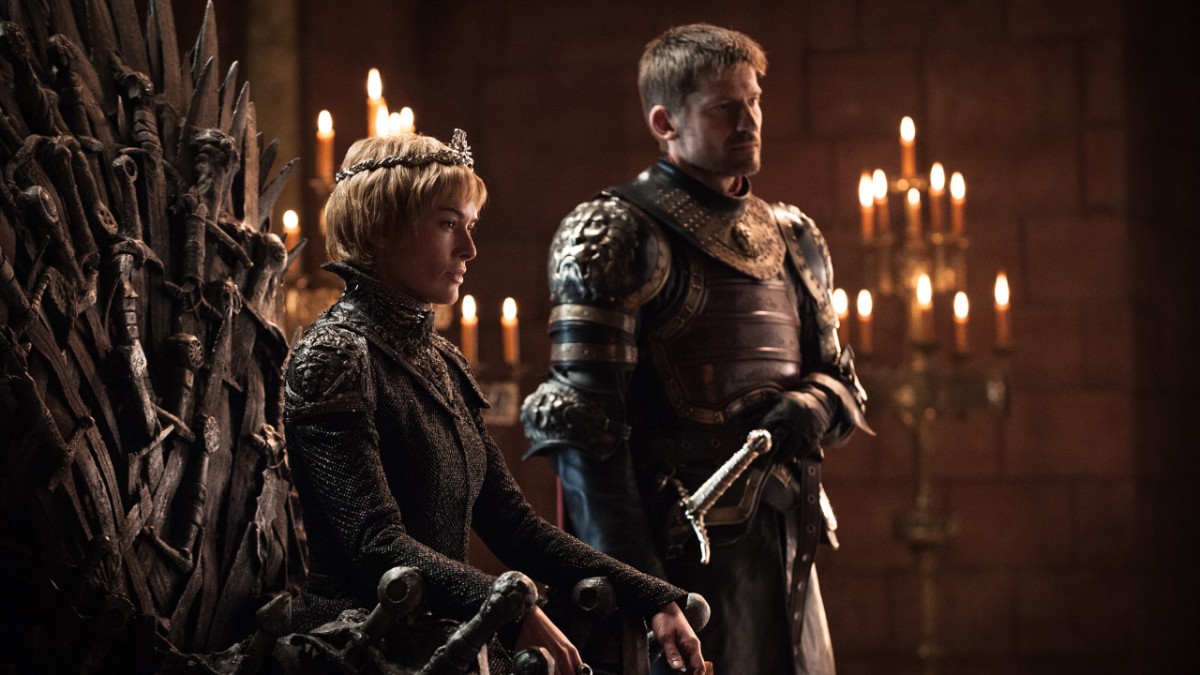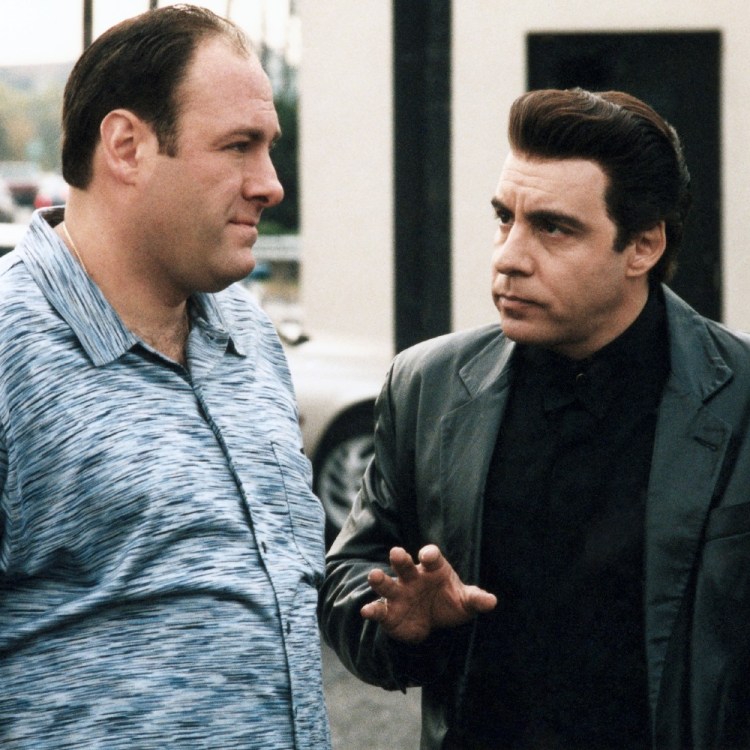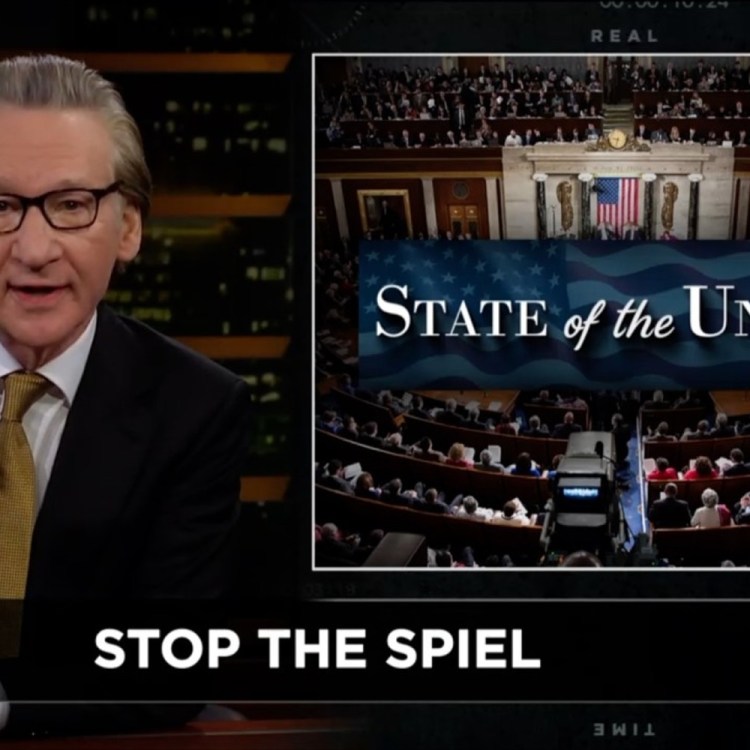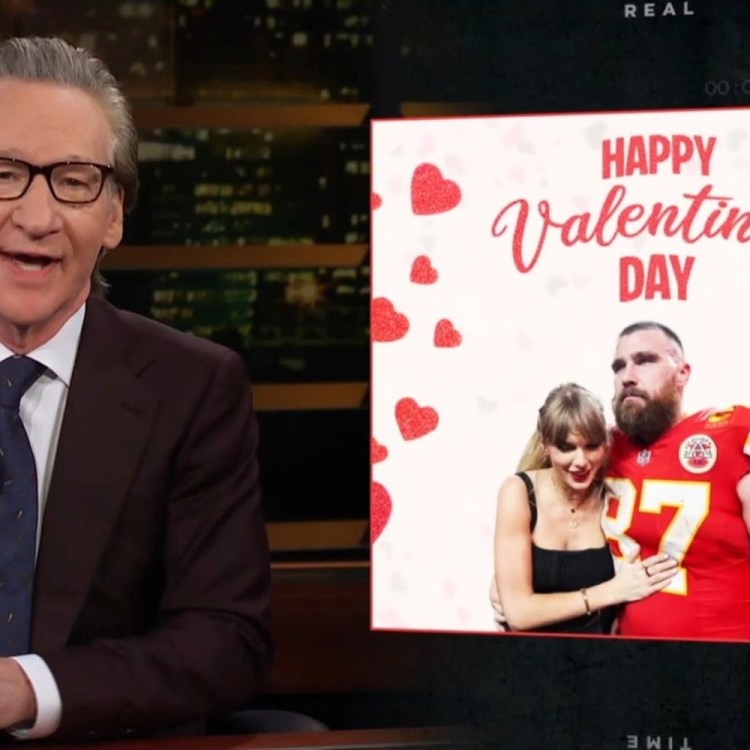You know nothing, Jon Snow. And yet, even if you have somehow managed to avoid watching the biggest show on television, you still probably know that phrase. You know “winter is coming” and “a Lannister always pays his debts.” You’ve heard of the Red Wedding and the Mother of Dragons, and can tell a Khaleesi from a Kingslayer. You may love it or hate it or have never seen it, yet you know Game of Thrones.
The final season of HBO’s epic fantasy saga starts this month and it promises shocking betrayals, epic battles and lots and lots of dragon fire. But no matter who wins the Iron Throne, it’s clear that Game of Thrones has conquered not just the kingdom of television, but the continent of American culture in a way few other cultural touchstones can in these divided times. It’s a show that’s watched by Republicans and Democrats; discussed in nerdy fan forums and The New Yorker; watched in dive bars and corporate boardrooms. Maybe the only thing that unites us in 2019 is a TV show about fictional warring kingdoms, evil ice elves and winged lizards.
How did that happen? How did a fantasy show on a premium cable channel lead to an America where teenagers post selfies hashtagged #MotherofDragons, dating apps give special badges to Game of Thrones fans, shelter pets sit on biscuit thrones, and the president announces foreign policy in front of a “Sanctions are Coming” poster?
A few decades ago, the idea that a fantasy series based on absurdly long and nerdy novels would become one of the pillars of popular culture — drawing not only a gigantic audience, but massive acclaim and awards — would have sounded as absurd as, um, well, a reality TV host famous for his infidelities becoming president. The success of the Harry Potter and Lord of the Rings movies certainly paved the way for fantasy show to be taken seriously, but those were based on two of the most popular book series of all time.
And then came Ned Stark’s severed head.
Game of Thrones’s decision to kill its main character in the first season — or rather author George R.R. Martin’s decision to do so in the novels the show is adapted from — established its reputation as the rare TV show with actual stakes. Martin has said he kills his characters because he wants to be honest: “I think a writer, even a fantasy writer, has an obligation to tell the truth and the truth is, as we say in Game of Thrones, all men must die.” Westeros is a fantasy universe, yes, but one like our own where bad guys can win, good guys can lose and anyone can die at any time. Westeros is a world that has the feeling of real history, which makes sense given the fact that Martin took inspiration from actual historical events like the War of the Roses (with the battling House of York and House of Lancasters becoming House Stark and House Lannister) to create his fantasy world.
But it was a different Stark death that cemented Game of Thrones not just as a great TV show but as a show you had to watch week after week after week. In the penultimate season three episode, fans recorded the screams, tears, and horror of their friends and family members as the “Red Wedding” unfolded. (Conan O’Brien even recorded George R. R. Martin reacting to fans reacting to the slaughter.) Now it wasn’t just Game of Thrones that was popular, but the very act of watching the show was itself a viral pop culture phenomenon. Soon Game of Thrones would become the most popular TV show, even last year when it didn’t have any new episodes.
It takes a lot more than popularity to have cultural impact. James Cameron’s 2009 film Avatar is still, even a decade of Marvel and Star Wars films later, the highest grossing movie of all time. Yet try writer Dana Schwartz’s challenge: “Right now. Try to quote Avatar, the highest-grossing movie of all time. Quote ANY line. Or name 2 characters. No cheating.” Chances are you can’t. Hell, you likely can’t even name one character.
Most popular works are like Avatar. They come and go, we enjoy them or we don’t, and then they’re forgotten. If we remember them, we do so individually and not as a culture. They aren’t works to quote late night at the bar or to use as framework to analyze international politics.
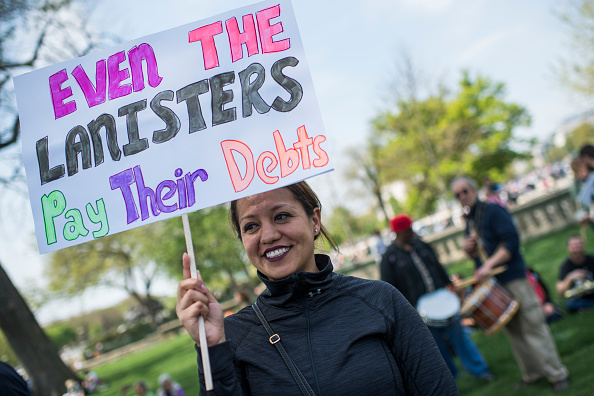
As a show, Game of Thrones has plenty of flaws from the early seasons’ reliance on “sexposition” to late season missteps like, well, everything with Dorne (including the worst line ever uttered on the show). But Game of Thrones’s exceptional success is in how it managed to do so many different “prestige TV” things well — to combine the mysteries of a Lost with the costuming and production values of a Mad Men, the political maneuvering of a West Wing and the violent twists of a Breaking Bad — while making sure that watching it would itself be an event. You had to tune to see Cersei’s walk of shame, the Red Viper fight the Mountain and the Battle of the Bastards. If you didn’t, you risked sitting silently while all your friends debate the shocking twist and end up getting it spoiled on social media anyway.
Game of Thrones was not the first TV show that everyone watched and discussed together — at workplace “watercoolers,” episode watching parties, fan forums, and social media. Dallas, Twin Peaks, Seinfeld, Lost, Mad Men and plenty of others came before. But if and when the White Walkers are finally defeated, Game of Thrones might be the last. As Vulture critic Matt Zoller Seitz argues, the final season of Game of Thrones “marks the end of the era of television as an epic, communal journey.” The show we watch together is the show we quote and reference together. The show that becomes part of the culture.
Game of Thrones arrived at the tail end of the prestige cable era and it ends during the reign of the online season dump. There are still fantastic and popular shows, but in the streaming era most of these shows are consumed individually in at-your-convenience binging. In 2019, most TV discussions I have with friends start and end with “Have you seen X?” “Not yet, but I want to..” And with the rise of Netflix, Hulu and Amazon Prime — plus, HBO’s and Disney pushing to become more like those content farms — the TV landscape is simply fragmenting. There’s more and more, which means there is less and less overlap in what we all watch.
This is not necessarily a bad thing. The splintered landscape means more daring work can exist and more niches can be filled. But the current era seems unlikely to give us the reference points, memes, quotes and fan theories that Game of Thrones has. The battle for the fate of Westeros will end this year, but Game of Thrones will live on in the culture. No other television show looks ready to claim the Iron Throne it leaves behind.
This article appeared in an InsideHook newsletter. Sign up for free to get more on travel, wellness, style, drinking, and culture.
